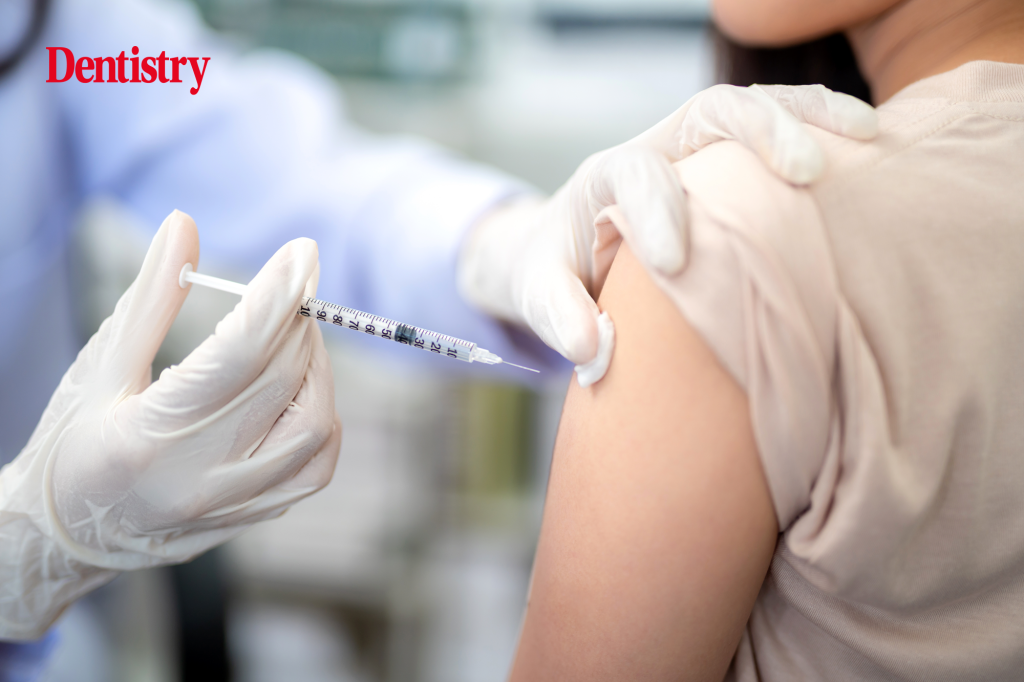
NHS England announced that it has treated its first patient with a personalised vaccine against bowel cancer.
The jab was delivered to a bowel cancer patient in a clinical trial that forms part of the NHS Cancer Vaccine Launch Pad.
Father and higher education lecturer Elliot Phebve received the vaccine at University Hospitals Birmingham NHS Trust. This is one of several sites taking part in the colorectal cancer vaccination trial.
Eliott said: ‘Taking part in this trial tallies with my profession as a lecturer, and as a community-centred person. I want to impact other people’s lives positively and help them realise their potential.
‘Through the potential of this trial, if it is successful, it may help thousands, if not millions of people, so they can have hope, and may not experience all I have gone through. I hope this will help other people.’
‘A landmark moment’
Amanda Pritchard, NHS chief executive, said: ‘Seeing Elliot receive his first treatment as part of the Cancer Vaccine Launch Pad is a landmark moment for patients and the health service as we seek to develop better and more effective ways to stop this disease.
‘Thanks to advances in care and treatment, cancer survival is at an all-time high in this country, but these vaccine trials could one day offer us a way of vaccinating people against their own cancer to help save more lives.
‘The NHS is in a unique position to deliver this kind of world-leading research at size and scale, and as more of these trials get up and running at hospitals across the country, our national match-making service will ensure as many eligible patients as possible get the opportunity to access them.’
Lower risk of death
NHS trusts across the country will be running trials of vaccines against several types of cancer. In April, a phase three trial of the world’s first personalised mRNA cancer immunotherapy for melanoma began at University College London Hospital (UCLH).
Data suggested that those who received the vaccine after having a stage 3 or 4 melanoma removed had a 49% lower risk of dying or the disease recurring after three years.
Iain Foulkes is executive director of research and innovation at Cancer Research UK. He said: ‘After three years of follow up, the data suggests that levels of cancer relapse did not increase in people with high-risk, advanced stage melanoma.
‘The findings highlight the great promise of therapeutic cancer vaccines used in combination with powerful immunotherapies.’
Follow Dentistry.co.uk on Instagram to keep up with all the latest dental news and trends.

